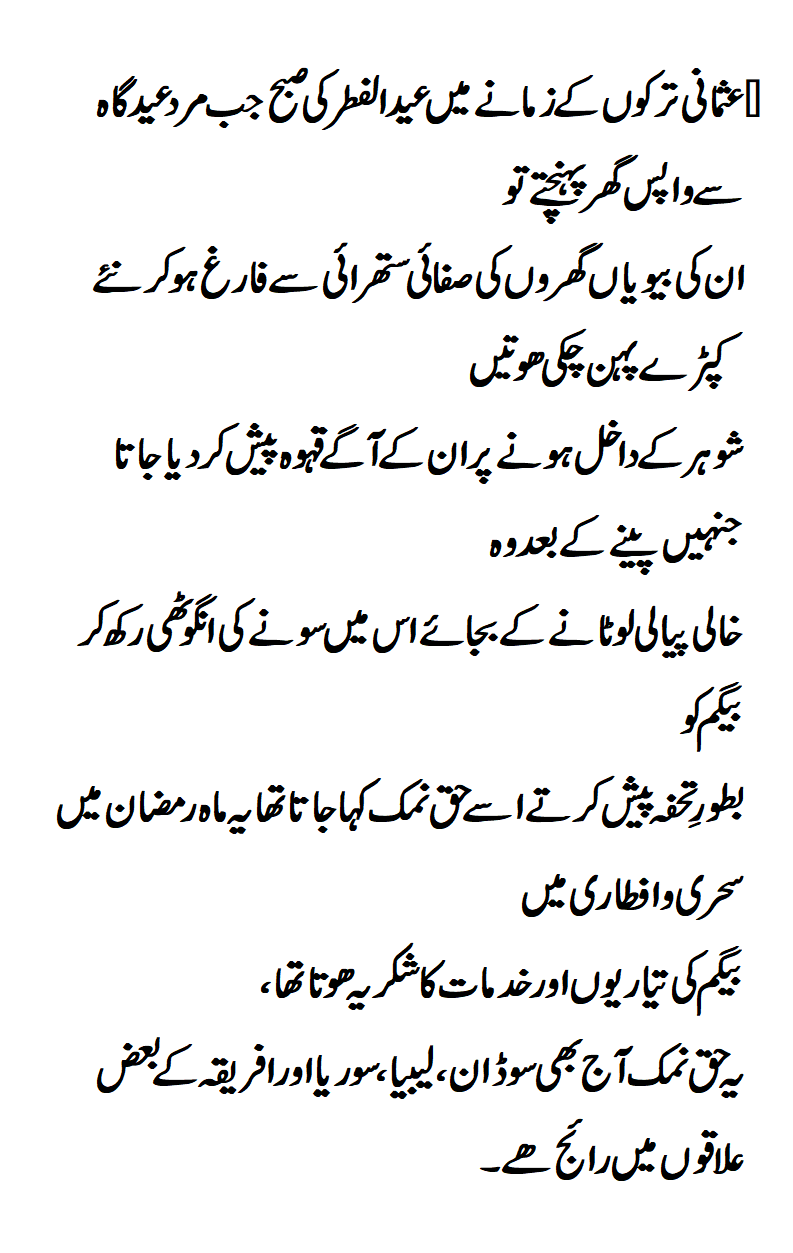As the world embarks on the three-day holiday of Ramadan Bayram, also known as Eid al-Fitr, from May 13-15, marking the end of the holy month of Ramadan in which devout Muslims practice a 30-day fast, this is an opportune time to take a look at some of the unique Turkish traditions for celebrating what is often referred to in Turkey as Şeker Bayramı.
You say Şeker, I say Şükür
Now one may wonder why it is that in Turkey, unlike anywhere else in the world, the holiday of Eid al-Fitr is referred to as Şeker Bayramı, which is commonly translated as the “Sugar Feast.” You may assume that it is due to the copious amounts of candy and sweets that are consumed after the majority of Turks have just spent the past month eating at restricted hours.
This is of course because, during Ramadan, Muslims around the world embark on a fast from dawn to dusk in what is actually the world’s largest communal fasting event. But in fact, the holiday’s name of Şeker Bayramı in Turkey is actually believed to be the result of a mispronunciation. That’s right, supposedly originally the holiday was referred to as “Şükür Bayramı” in other words “a holiday to be grateful.
”According to Ottoman era expert Murat Bardakçı, the two words “şükür” (gratitude) and “şeker” (sugar) were spelled using the same characters in the Ottoman alphabet and thus in time, the meaning of the holiday was misconstrued.
According to Bardakçı, the term şükür was used in reference to the gratitude felt by those who had fulfilled their religious duties by way of fasting. Meanwhile, the late academic Güngör Uras claimed that the reason Eid al-Fitr is referred to as the “Sugar Feast” in Turkey is due to the Ottoman tradition of the palace offering trays of baklava to their soldiers on the 15th day of the fast

which they would then parade around town to the delight of onlookers as they made their way to the barracks where they stayed. The “sweet” reference is also relevant in that one of the most prevalent customs surrounding the Ramadan holiday is the offering of pocket money to children, who then spend it on buying candy.
No matter how they used to say it, the Şeker Bayramı moniker was the one that stuck and is symbolic of the prominent place sweet treats take in Turkey during this three-day holiday, a tradition that spans back to the Ottoman Empire. These days, however, it is widely acknowledged that the correct way to refer to the holiday is Ramadan Bayramı.